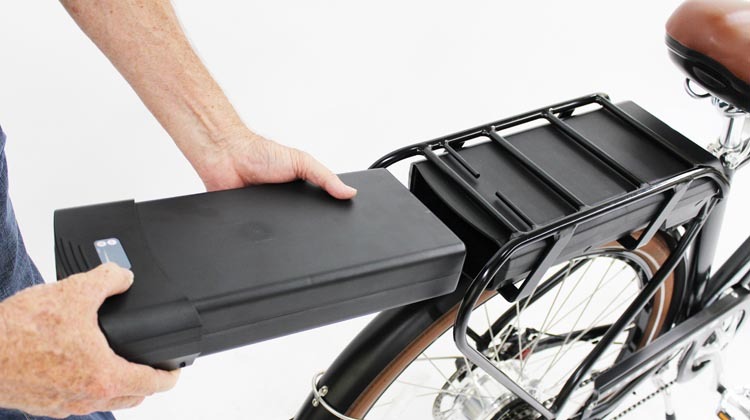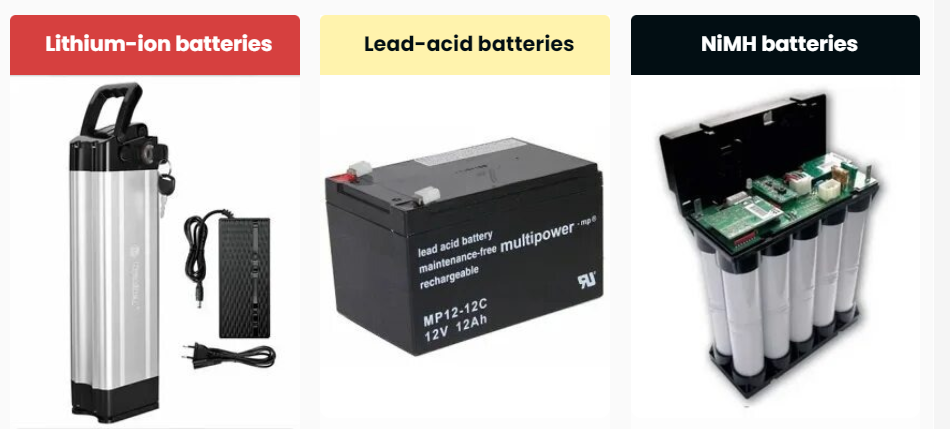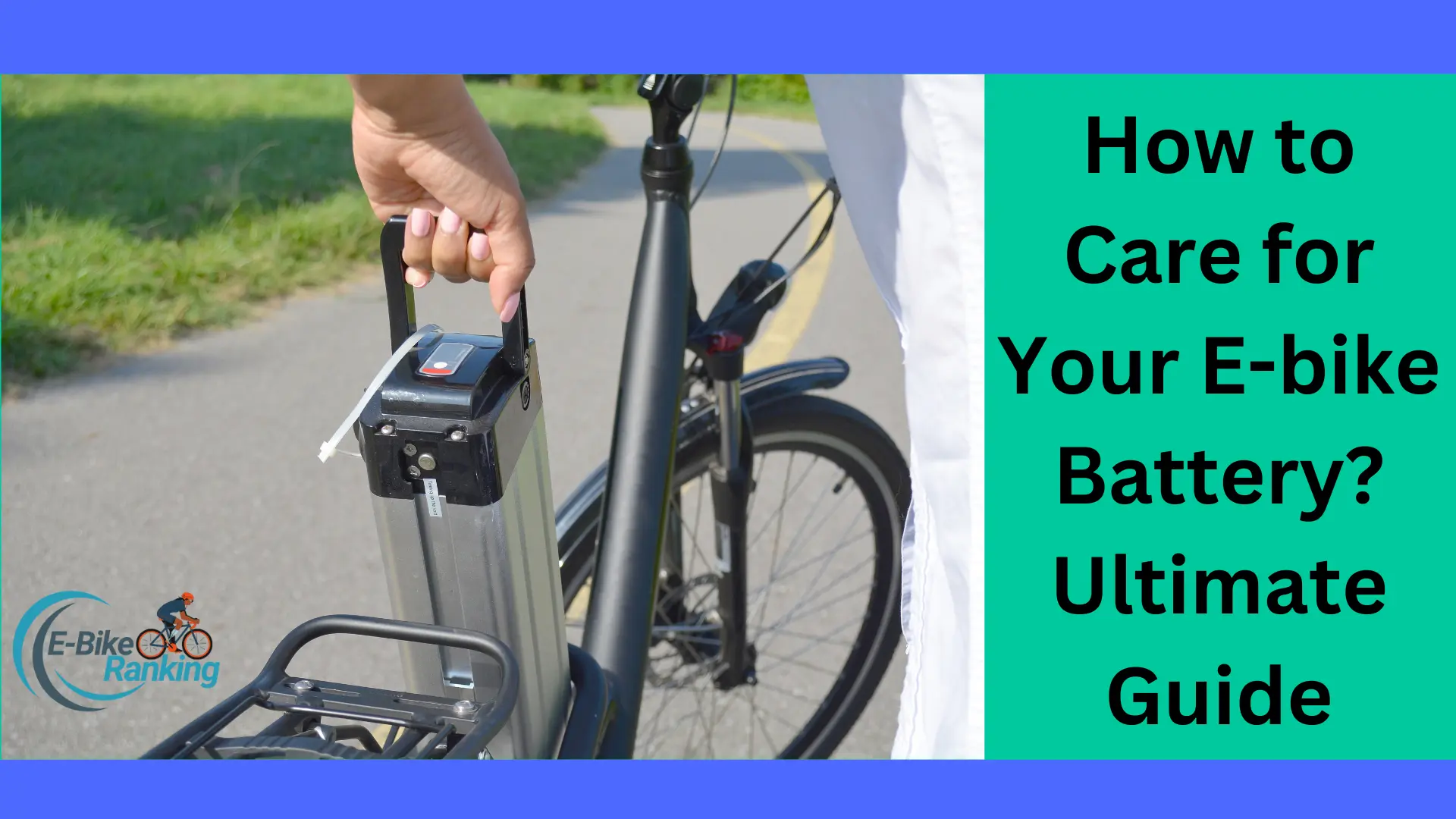So, you’ve got an e-bike or are planning to get one—awesome choice! But here’s the thing: sooner or later, you’ll need to think about your e-bike battery cost. Whether you’re replacing an old battery or just budgeting for the future, knowing the average e-bike battery cost is essential. After all, the battery is the heart of your electric bike—it powers your rides and determines how far you can go on a single charge.
In this guide, I’ll break down the e-bike battery price, the factors that influence it, and what you should expect to pay. Let’s dive in!

Table of Contents
Table of Contents
What is the Average E-bike Battery Cost?
Before we talk about prices, let’s define what an e-bike battery is. It’s a rechargeable power source that stores energy to drive the electric motor, making your ride smooth and effortless.
Estimated Cost Range
The e-bike battery price varies depending on factors like battery capacity, type, and brand. On average, here’s what you can expect:
- Entry-level batteries (smaller capacity, basic brands): $200 – $400
- Mid-range batteries (moderate capacity, reliable brands): $400 – $700
- High-end batteries (high capacity, premium brands): $700 – $1,500+
These prices are just estimates—your actual ebike battery purchase cost will depend on various factors, which we’ll explore next.
Factors That Affect the E-bike Battery Cost
1. Ebike Battery Lifespan
A battery’s lifespan is measured in charge cycles. A typical ebike battery lifespan ranges from 500 to 1,000 charge cycles, meaning it can last anywhere from 2 to 7 years before needing a replacement. Higher-quality batteries tend to last longer but also come at a premium price.
2. Types of Ebike Batteries
The type of battery plays a huge role in ebike battery prices. Here are the most common types:
- Lithium-ion (Li-ion): The most popular, lightweight, and long-lasting. Prices range from $300 to $1,500.
- Lead-acid: Cheap but heavy and short-lived. Costs between $100 to $300.
- Nickel-metal hydride (NiMH): Less common, heavier, and has a shorter lifespan. Costs around $200 to $600.

3. Battery Capacity & Voltage
Higher-capacity batteries store more energy and allow longer rides, but they come at a higher ebike battery purchase cost. For example:
- 36V, 10Ah battery (~360Wh): $250 – $500
- 48V, 15Ah battery (~720Wh): $500 – $900
- 52V, 20Ah battery (~1,040Wh): $800 – $1,500+
If you ride long distances, investing in a higher-capacity battery might be worth it.
Understanding the Cost of Ebike Battery Replacement
How Much Should You Expect to An E-bike Battery Cost?
Replacing an e-bike battery is inevitable. The cost of e-bike battery replacement depends on whether you’re buying from the original manufacturer or opting for a third-party option. On average:
- OEM (original manufacturer) batteries: $400 – $1,200
- Third-party compatible batteries: $250 – $800
Factors Impacting Battery Replacement Prices
- Brand Reputation: Premium brands cost more but often offer better performance.
- Shipping & Installation: Some brands charge extra for professional installation.
- Warranty: A longer warranty can add to the cost but provides peace of mind.
How Long Do Ebike Batteries Last, and How Much Do They Cost?
A high-quality e-bike battery typically lasts 3-5 years with proper care. If you maintain it well, you can push it closer to 7 years. The cost of replacing a battery every few years should be factored into your total e-bike ownership expenses.
Cost vs. Longevity
A cheap battery might save you money now but costs more in the long run if it degrades quickly. Investing in a high-quality battery can be a smart move.
Best Ebike Battery Brands and Their Prices
Some of the best ebike battery brands include:
- Bosch: Reliable, premium quality ($600 – $1,200)
- Shimano: Great for mid-range ebikes ($500 – $900)
- Samsung & LG: Used in many third-party options ($400 – $1,000)
- Specialized & Trek: High-performance, brand-specific ($800 – $1,500)
Affordable Ebike Battery Options for Electric Bikes
If you’re looking for affordable e-bike batteries, consider:
- Generic third-party batteries: Often cheaper but may lack warranty support.
- Refurbished batteries: Can save 30-50% off retail prices.
- Lower-capacity batteries: Good for casual riders with shorter commutes.
Additional Costs to Consider: Charging and Maintenance
Ebike Battery Charging Costs
Charging an e-bike battery typically costs $0.05 – $0.15 per charge, depending on your electricity rates. Over a year, you might spend $15 – $50 on charging.
Ebike Battery Maintenance Costs
Regular maintenance, such as keeping the battery at optimal temperatures and avoiding deep discharges, can extend lifespan and reduce replacement frequency.
How to Estimate An E-bike Battery Cost for Different Bike Models
Estimating Battery Cost by Bike Type
- Commuter Ebikes: $300 – $700
- Mountain Ebikes: $500 – $1,200
- High-Performance Ebikes: $800 – $1,500
Custom vs. Pre-installed Batteries
- Custom-built batteries: Often cheaper but require expertise.
- Pre-installed OEM batteries: More expensive but come with support and warranties.
Conclusion
The e-bike battery cost depends on various factors, from battery type to brand and capacity. Whether buying a new battery or replacing an old one, knowing these details helps you make an informed decision.
Final Tip: Always compare prices, read customer reviews, and check for warranties before purchasing an ebike battery.
Have you replaced your ebike battery recently? Share your experience in the comments below!
FAQs
Advantages and Disadvantages of Lithium-Ion and Lead-Acid Batteries for E-Bikes
In most cases, lithium-ion is the superior choice for e-bikes due to its lightweight design, higher energy density, longer lifespan.
How much should you expect to pay for a new ebike battery?
Expect to pay anywhere from $300 to $1,500+, depending on quality and brand.
How long do ebike batteries last?
Most last 3 to 5 years, but proper care can extend their lifespan.
What are the best ebike battery brands?
Top brands include Bosch, Shimano, Samsung, and Specialized.
What factors influence the price of ebike batteries?
Capacity, brand, lifespan, and battery type all affect the cost.








